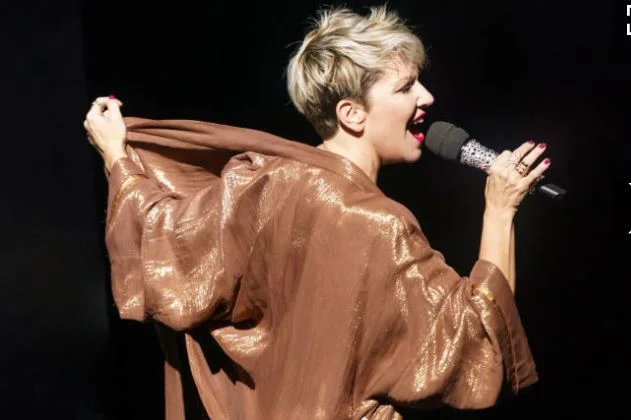Agrippina – Handel – Metropolitan Opera New York
Image taken from the Metropolitan Opera website
It is over 300 years since the premiere of this operatic masterpiece by Handel, who was 24 years old at the time of composition. It depicts a Roman story of some 2,000 years ago, satirising the politicians of that day. But of course in this very modern interpretation of this piece by the Director David McVicar, whilst the times have changed the world certainly hasn’t. The Metropolitan Opera’s General Manager Peter Gelb said ‘Agrippina is a dark comedy about corrupt leaders who lie and manipulate in their quest to stay in power. We are grateful to the White House for making Agrippina feel more immediate’.
With a 20 year old remounted production from Brussels, David McVicar’s interpretation is of huge sets with a golden staircase as their centre point and a golden throne at the top. It is modern and compelling at the same time and very relevant today.
The story at its centrepiece is Agrippina’s obsession to get her golf swinging husband Claudio to seed his throne to her crazy cocaine snorting son Nero. She deals with all the obstacles one by one until eventually Nero climbs the golden stairs and sits on its throne.
The dress is Trump style power suits, even for Agrippina herself, sung by the outstanding mezzo soprano Joyce DiDonato, who was the centrepiece and reason for this operatic cycle. Her middle voice is warm and vibrant. There are times at the top of her voice when the sounds becomes somewhat thin, but her major aria ‘Pensieri, voi mi tormentate’ is grippingly sung as she commands the stage and indeed the audience. Her scheming on behalf of her son has a steely ring to it, even though in the future her son will arrange for her death.
The portrayal of her son Nero by Kate Lindsey was a tour de force. She caresses the stage with her body and sings lusciously with wonderful shading in her voice. At one point she sings an aria in a side plank position leaving the writer aghast at her strength.
The English baritone Duncan Rock was a genial Pallante, but he had to fight hard to ensure that his voice was heard in the rafters of this huge Opera House. No such trouble for the bass Matthew Rose singing Claudio, who produced a voice of real substance throughout the night, even if his golf stroke was occasionally wayward!
The countertenor Iestyn Davies produced beautiful tones, but both he and the Poppea of the soprano Brenda Rae struggled somewhat with the size of the House, although her top was rich and focused.
Harry Bicket was the Conductor and Harpsichordist. It was an impressive combination and he is an expert in this music, but in this static production more musical pace would not have gone amiss. The onstage Harpsichord soloist was Bradley Brookshire, whose bar scene playing was outstanding.
At the end everything came together, as DiDonato, in singing her final love aria to her husband Claudio, wonders where her venality has finally got her without his love. Pure genius.







